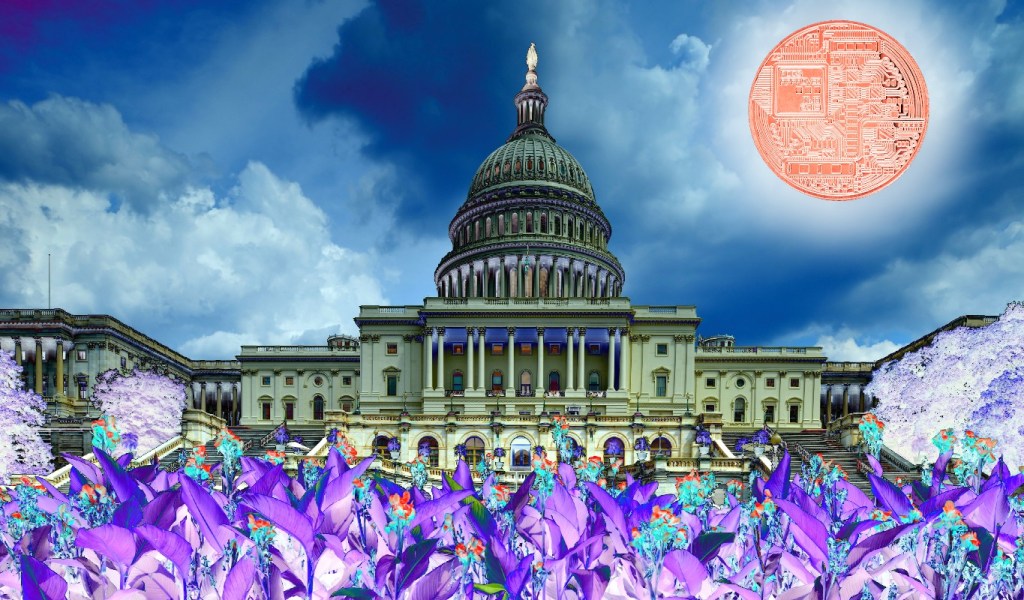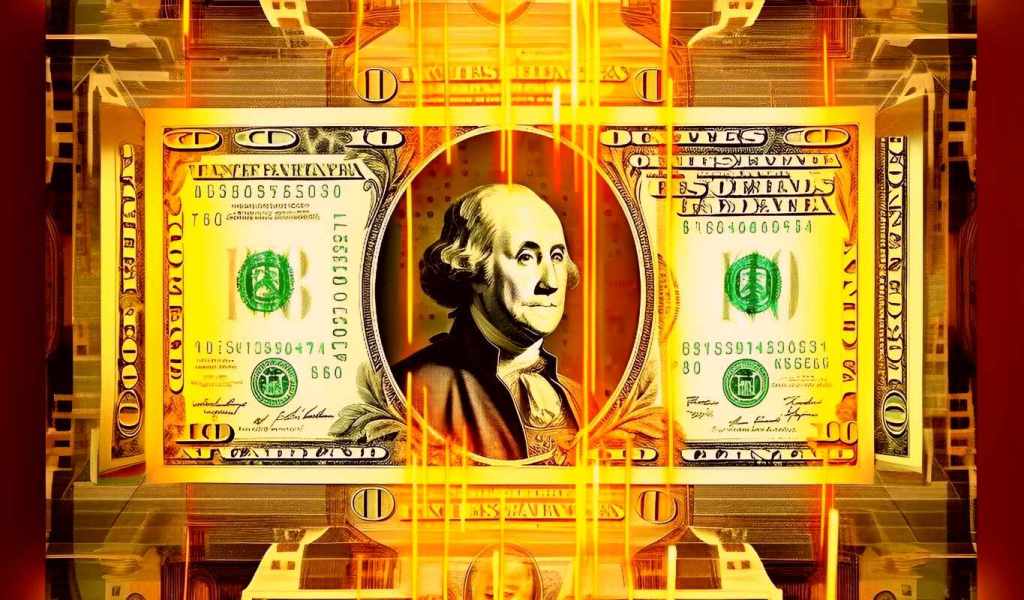
According to Rep. Maxine Waters, granting crypto firms provisional registration under a proposed framework "could reward bad actors with a ‘get out of jail free’ card".
Members of the United States House Financial Services Committees met to discuss clarity for the digital asset ecosystem, with some invoking recent legal action from the Securities and Exchange Commission (SEC) against crypto firms.
In a June 13 hearing of the committee, ranking member Maxine Waters said Democrats were taking a “serious and thoughtful look” at a proposed framework introduced by Republicans on the regulation of digital assets. Committee chair Patrick McHenry said he expected bipartisan input on a draft bill, with markups following a congressional recess in July.
Waters suggested that without extensive analyses and collaboration between the two political parties, the digital asset legislation could leave the door open for potential fraud and misuse of customer funds. The California Representative cited the collapse of FTX, former CEO Sam Bankman-Fried’s criminal charges, and the SEC’s recent actions against Binance and Coinbase.
“I’m particularly worried that the Republican bill would allow crypto firms that are currently being sued for violating our securities laws to continue doing business through provisional registration,” said Waters. “The bill appears to halt any enforcement actions by the SEC against crypto firms even when they have committed fraud. This provisional registration could reward bad actors with a ‘get out of jail free’ card and allow them to continue harming consumers and investors.”
#TODAY @ 10 AM - RM @RepMaxineWaters leads Democrats as the full Cmte holds a hearing entitled “The Annual Testimony of the Secretary of the @USTreasury on the State of the International Financial System.”
— U.S. House Committee on Financial Services (@FSCDems) June 13, 2023
: https://t.co/4RoxMIa04b
: https://t.co/x1uLfTjtuI
The draft bill introduced on June 2 would prohibit the SEC from denying digital asset trading platforms from registering as a regulated alternative trading system and allow such firms to offer “digital commodities and payment stablecoins.” It would also restructure the roles the SEC and Commodity Futures Trading Commission (CFTC) playe in regulating digital assets in the United States.
“The American public was the one left holding the bag when it came to FTX and when it came to the violations, or the alleged violations when it comes to Binance and Coinbase,” said Prometheum founder and co-CEO Aaron Kaplan at the hearing. “The best way forward is pretty clear and logical, is the application of federal securities laws [through the SEC].”
Related: US senator revamps efforts for crypto regulations amid SEC lawsuits
Other lawmakers have responded differently to the seeming regulation-by-enforcement approach by the SEC. On June 12, Ohio Rep. Warren Davidson — a Republican also on the House Financial Services Committee — proposed firing SEC chair Gary Gensler through legislation that would also restructure power at the commission. The legality of this move is unclear.
Amid the SEC lawsuits, Binance.US has pushed back against the commission’s efforts to freeze its funds. At the time of publication, a District of Columbia federal judge was considering competing motions from the SEC, Binance, and Binance.US on how to handle the assets, and other pending legal actions.
Magazine: Crypto regulation: Does SEC Chair Gary Gensler have the final say?











